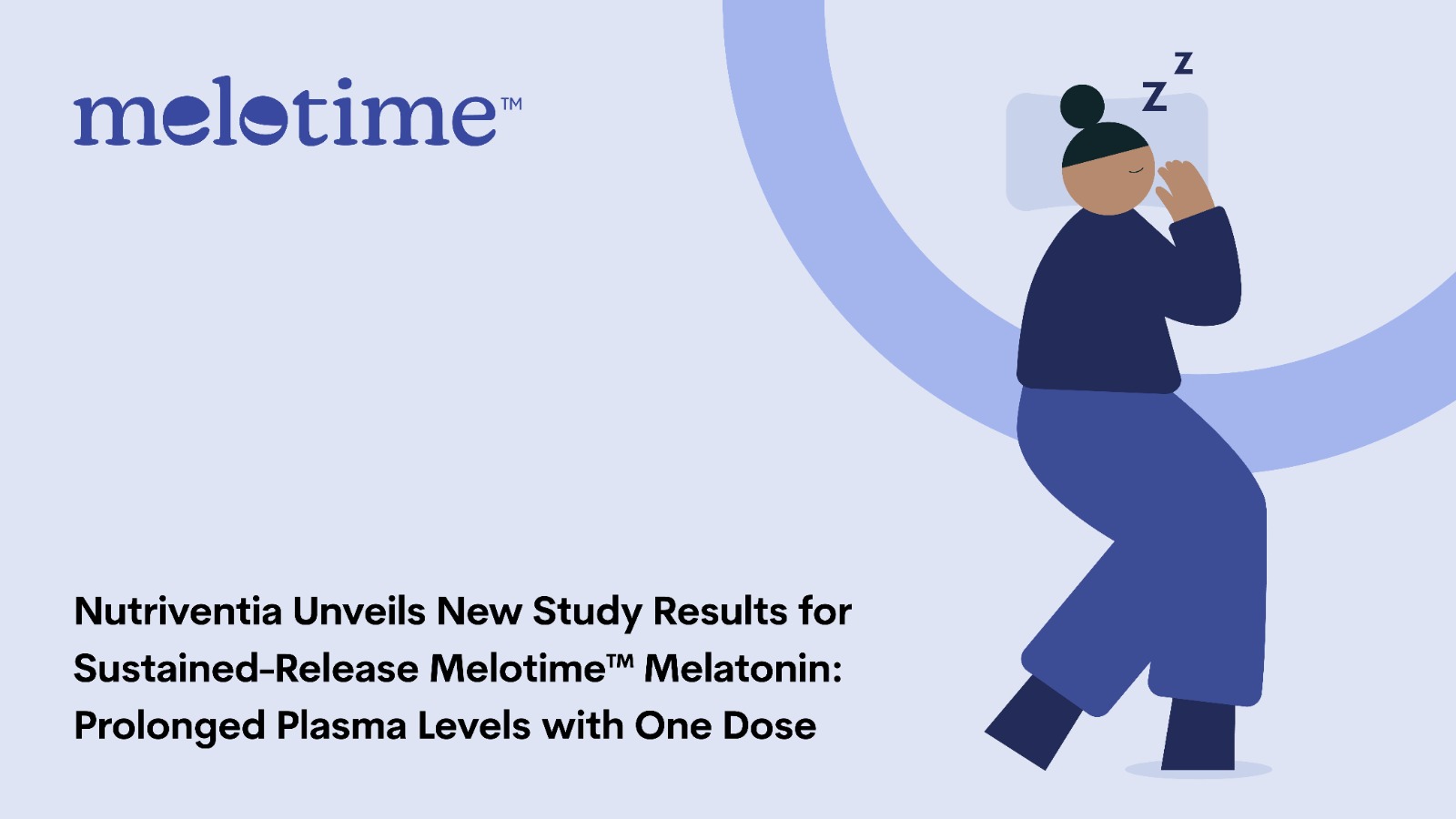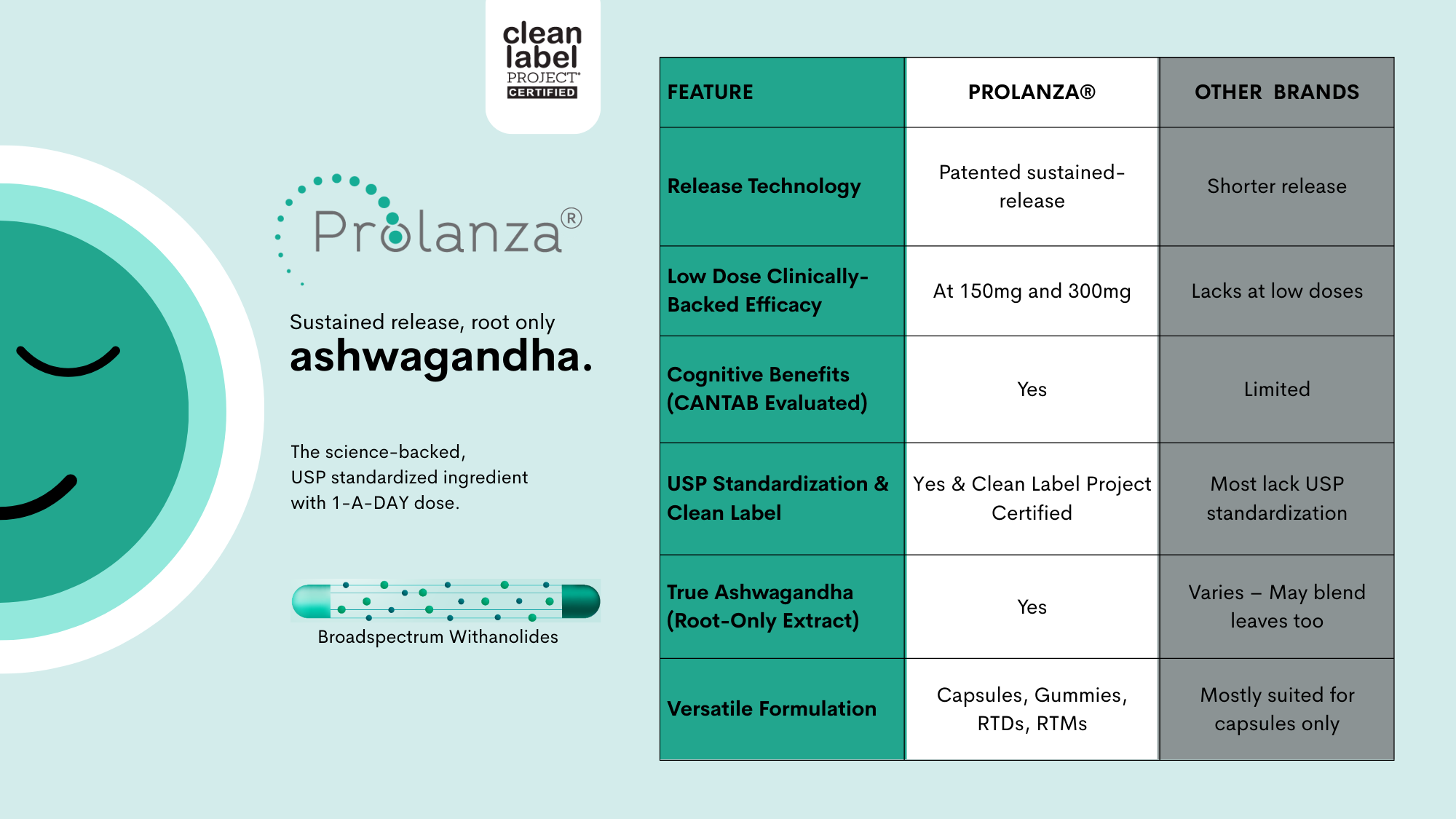Those who believe money can’t buy happiness may not understand that the stress of not having enough to pay bills prevents happiness. It also can increase the risk of deteriorating health.
A recently published study in the journal Brain, Behavior and Immunity found that, among common stressors, worrying about paying bills and finances is linked to derailed homeostasis and worsening health.
In general, homeostasis (good health) is the result of an active and steady communication between proinflammatory cytokines found in the innate immune system and glucocorticoids, part of the neuroendocrine system. Stress, such as a sudden life event (loss of a job, death of a loved one) or chronic worry (how to pay bills), disrupts this communication, setting off a cascade of events that can lead to a host of mental and physical illnesses.
Encountering a major stressor (e.g., a close call) activates signals between the nervous, endocrine and immune systems, generating physiological changes. In their study, the researchers analyzed four biomarkers in 4,934 adults aged 50 and older (who participated in the English Longitudinal Study of Ageing).
Two biomarkers analyzed were proteins (C-reactive protein and fibrinogen) involved in the innate immune response to inflammation and two were hormones (cortisol and IGF-1) involved in the stress response (cortisol and IGF-1). Employing statistical analysis to identify biomarker activity the team identified low-, moderate- and high-risk groups and then investigated how previous experiences of stress might affect likelihood of being in the high-risk group.
They found that overall exposure to stressful circumstances two years prior was linked to a 61% increase in likelihood of belonging to the high-risk group four years later. Additionally, those who experienced more than one stress experience had increased likelihood of being high risk by 19% for each stressor. People who reported only financial strain were 59% more likely, four years later, to belong to the high-risk group.
Lead author Odessa S. Hamilton of the UCL Institute of Epidemiology & Health Care, related, “We found that financial stress was most detrimental to biological health, although more research is needed to establish this for certain. This may be because this form of stress can invade many aspects of our lives, leading to family conflict, social exclusion, and even hunger or homelessness.”
Although many people who are highly anxious about finances may feel largely helpless about improving that situation due to circumstances they cannot control, they can control to an extent how their body improves resilience and reduces loss of homeostasis through lifestyle changes and proper, science-backed supplementation.
Managing stress through reducing physiological stress response, improving sleep (which increases mental acuity and cognitive flexibility), reducing inflammation response, and bolstering immune function are ways to manage health and well-being during times of financial worry.
Nutriventia provides solutions with the added benefit of dosage convenience, which increases compliance. This is a greatly appreciated attribute, especially in times when stress creates mental preoccupation and forgetfulness.
Prolanza™: Ashwagandha is a popular homeostasis-support herb and the longer it is used, the stronger its effects. Prolanza™, a root-only ashwagandha ingredient, contains a high concentration (4-5%) of 10 USP Withanolides and 10 additionally identified Withanolides, all of which work together synergistically to produce the clinically demonstrated health benefits of ashwagandha. This broad spectrum of bioactives is a key component of Prolanza™’s market distinction.
One 90-day human clinical study found that supplementing with 300 mg Prolanza™ once daily significantly improved attention, memory and sleep quality, reduced stress levels and improved psychological well-being.
Melotime™: Melatonin remains the top supplement consumers choose to improve their sleep. But conventional melatonin tends to help people fall asleep faster but not really stay asleep. Our sustained-release melatonin, Melotime™, is shown to help promote eight hours of sound sleep. Its unique release profile not only helps you fall and stay asleep, but also awaken naturally and alert. Melotime™ releases the first 50% of the dose in the first hour and then the subsequent dosage is released at each 1 hour thereafter. This unique release profile ensures that the right dose of melatonin is achieved without the morning sluggishness.
TurmXTRA™ 60N: Turmeric is known to manage inflammatory response by reducing the release of pro-inflammatory markers. TurmXTRA™60N has a low dose efficacy of 250mg once daily, thanks to its high content of 60% curcuminoids and high dissolution in water.
In a new study, 16 healthy adults first consumed TurmXTRA 250 mg delivering 150 mg curcuminoids, had an 11-day washout, and then supplemented with a competing turmeric-plus-piperine extract, 500 mg three times daily. Pharmacokinetic and statistical analysis found that TurmXTRA had higher relative absorption and superior relative bioavailability compared to the larger-dose formulation.
C-Fence: Vitamin C is known as the “immune-support” vitamin and hundreds of studies show that C protects immune function especially in times of physiological and mental stress. Our C-Fence is a sustained-release vitamin C shown in a pharmacokinetic study to be sustained well above the baseline values for the entire 24-hour study duration and to achieve maximum levels in plasma 4.5 hours post 500 mg-dose. And like our other supplemental ingredients, C-Fence works in only one dose daily.
Wrapping it Up
No one can control worrying about their finances especially in troubling times, but they can help control how stress affects their well-being and health status. Appropriate supplementation that targets the areas affected by stress can take one more worry off the plate – the risk for poor health caused by fretting too much.



